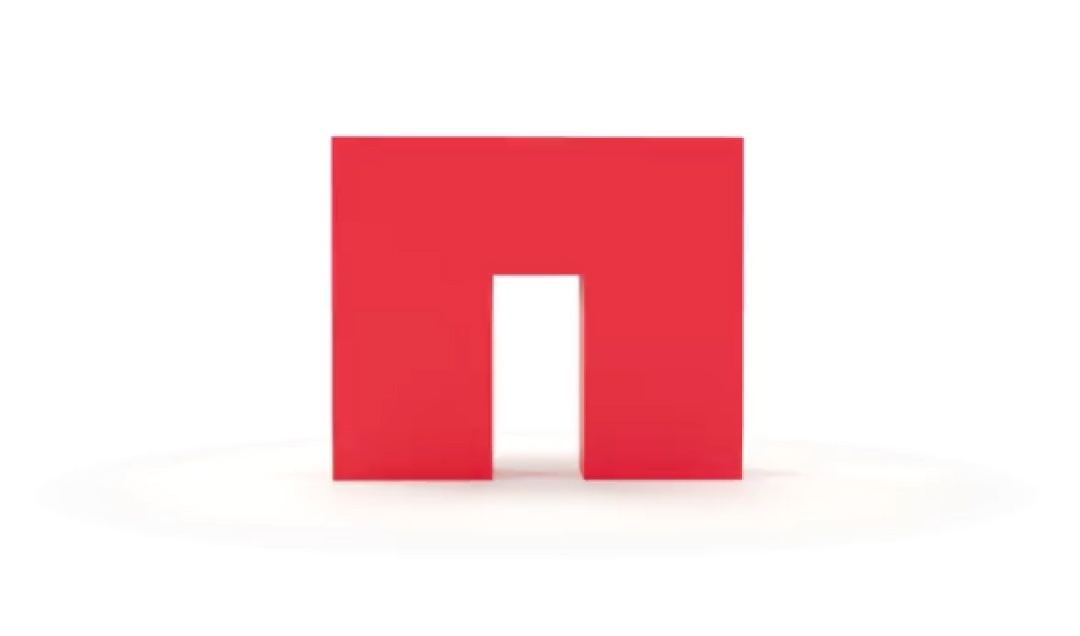Turning Security Communications into Customer Insights
Bandwidth, an API platform provider, delivers voice, messaging, and 911 services that touch millions of people every day. Bandwidth’s developers innovate relentlessly to evolve the company’s platform and bring new services to market faster. To meet developers’ expectations for cloud agility, the operations team began a DevOps journey with NetApp, deploying OpenShift Container Platform for Kubernetes container orchestration. Trident from NetApp enables persistent storage and automates storage provisioning, helping Bandwidth accelerate deployment and reduce friction between application owners and infrastructure teams.
NetApp has a great data mobility story with data fabric, and we are just scratching the surface of what we can do. As we continue maturing our automation story, NetApp will help us take advantage of hybrid cloud efficiencies while ensuring a seamless experience for our developers.
Today, with OpenShift and Trident, Bandwidth’s operations team has fully automated the provisioning of compute, storage, and load balancing for its container environments. The team can now spend less time provisioning tickets and focus instead on the next step in its DevOps journey.
Instead of taking weeks to begin work, developers can access containers in minutes and accelerate time to market for new products, services, and features. They can also quickly push their projects live to production and self-manage the lifecycle of their containers. The result? "We’re seeing more collaboration and everyone working toward the same goal of reducing the friction between development and operations,” says Spahr. “We can now enable developers to deliver new products faster and provide value to our customers."
Results
Bandwidth cut time to provision storage and compute from days to seconds and enabled on-demand, self-service for developers.
NetApp Solutions

Make your move
Get to know what NetApp customers already know: Right now, the smart move is a digital transformation made possible by a data fabric.




